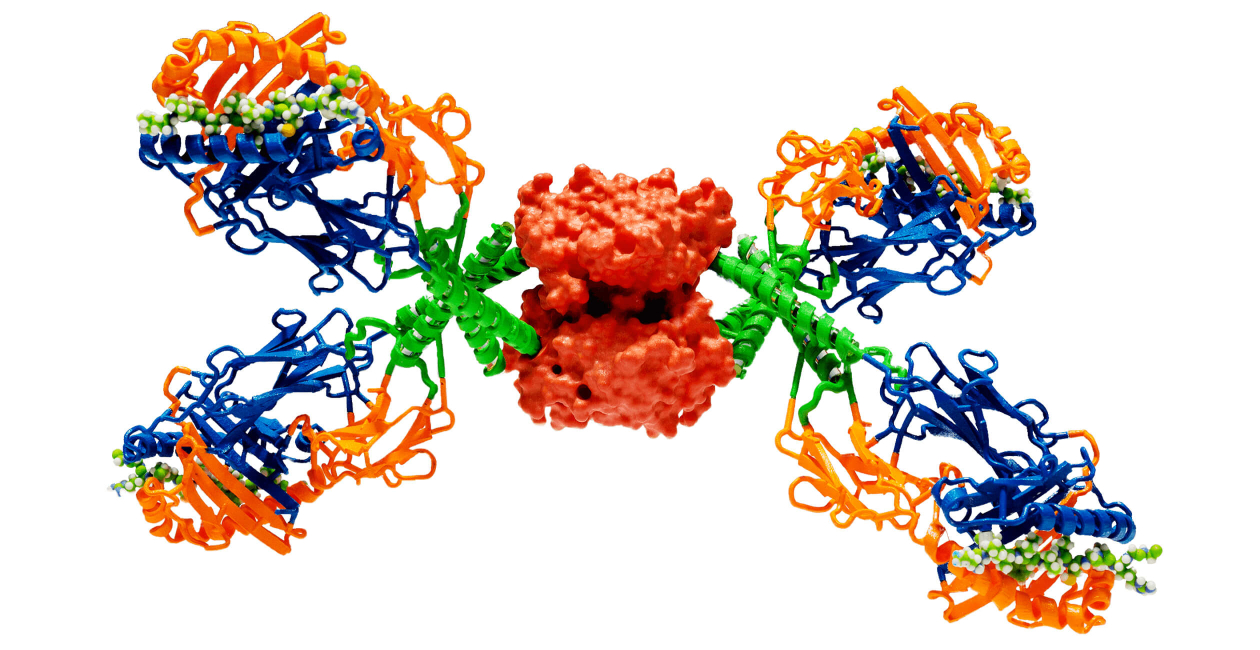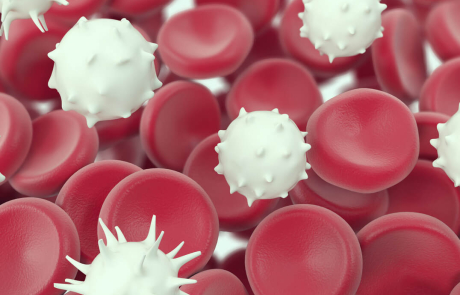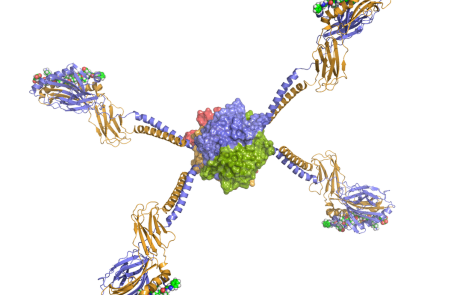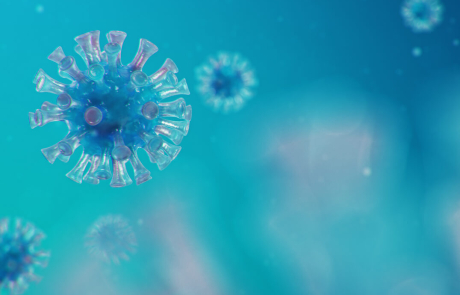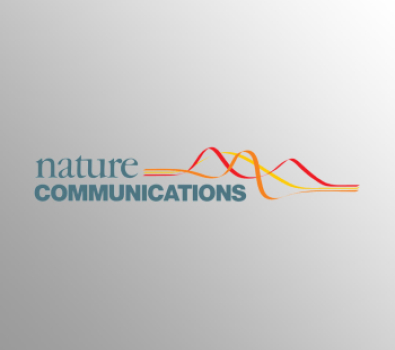Class II Tetramer Production
Tetramer reagents for more than 30 different HLA class II alleles are produced through the Tetramer Core Laboratory. These reagents can be used to study human CD4+ T cell responses over a wide cross section of the population. Class II tetramers that can be used for CYTOF mass cytometry are also being produced in the core laboratory.
T Cell Epitope Discovery
A robust, generalized approach has been developed and implemented to systematically identify CD4+ T cell epitopes. This approach is applied to identify T cell epitopes within Categories A, B and C pathogens, tumor antigens, allergens and antigens associated with autoimmune diseases in humans.
Autoimmune Disease
Tetramers and other antigen specific T cell assays are used to examine autoreactive T cells in type 1 diabetes, multiple sclerosis, systemic lupus erythematosus and other autoimmune diseases. Experiments are designed to determine the molecular mechanisms of HLA and autoimmune disease association. HLA that are linked to disease susceptibility or disease protection have been identified. Contrasting the behavior of T cells restricted by susceptible and protective HLA alleles should provide insights into disease mechanisms and suggest strategies for intervention.

Bill Kwok, PhD
Lab Members

Cynthia Cousens-Jacobs

Rebecca Gomez

Briana Hall
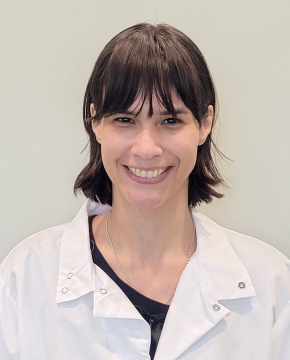
Alexandra Johansson
Research Projects
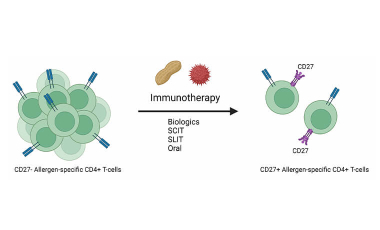
Allergen epitope specific CD4+ T cells
Class II tetramer reagents to investigate allergen epitope specific T cells in allergic diseases and immunotherapy
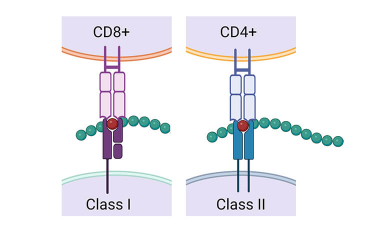
CD4+ and CD8+ T cells in Rheumatoid Arthritis
Characterization of CD4+ and CD8+ T cells that are targeted toward joint assoiated autoantigen in subjects with Rheumatoid Arthritis.
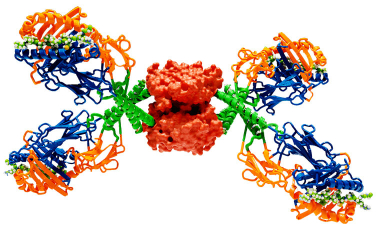
DNA-barcoded HLA class II tetramers
DNA-barcoded tetramers are used to examine TCR clonotype, transcriptomics, surface protein expression of epitope specific CD4+ T cells.

